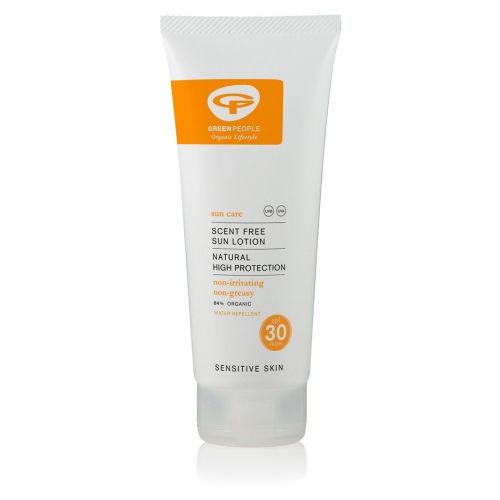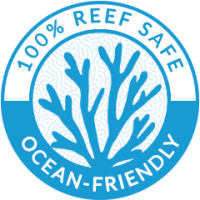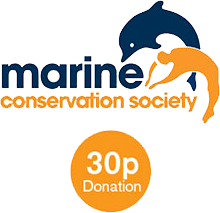Blue Planet Live and Blue Planet UK comes to the BBC
Posted on
|
There’s some fantastic television to watch on the BBC this week (starting Sunday 24 March 2019), with Blue Planet programmes in abundance. Pick of the Week, according to The Sunday Times (Culture Section) is Blue Planet Live. It’s on Sunday, Wednesday and Thursday evenings on BBC1 at 8pm. This short series sets out on a mission to explore the health of the oceans. An aquadynamic team will be broadcasting live from different marine locations during the week. Chris Packham examines the well being of whales in Mexico; this includes mother-and-calf arrivals in the largest whale nursery in the world. Steve Backshall is in the Bahamas and sees sharks and shipwrecks. Liz Bonnin is at the Great Barrier Reef. She is meeting baby turtles and shearwater chicks and she checks up on the coral itself. Visit Blue Planet Live’s website here And there’s more! Blue Planet UK looks at the UK side of marine life. There’s reports on Yorkshire seabirds, kayak clean-ups and shark science with Gillian Burke, Steve Brown and Chris Packham. Blue Planet UK is on just after 4pm on BBC1 on Monday, Tuesday, Wednesday, Thursday and Friday. Don’t miss it! Visit Blue Planet UK’s website here Get involved in ocean conservation – tips from the programme’s website |
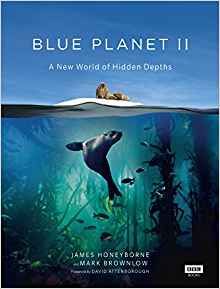 |
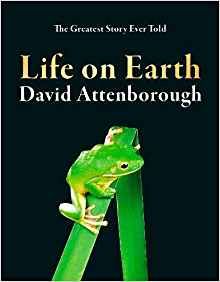 |
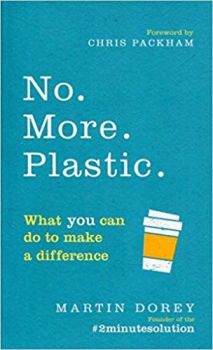 |
| Blue Planet II from Amazon |
Life on Earth from Amazon |
No More Plastic from Amazon |
